Tuesday Poem by Peter Akinlabi
A Failure of Speech
A surfeit of light throws
Dark images onto the walls–
An unfamiliar thing stretches
In a glut of obstacles
Between our two shadows
On the radio, a song calls nobody’s attention
To the silent way of ruins–
When we fail at speech words become
Mined or maimed–
Our shadows rise onto each other in bad cheers
Disregarding the place of air in language
We imagine happiness and our bodies adopt
The shape of its distance–
Nothing more resembles the sounds
Of crumbling walls than the plosions
Of water tumbling by, you once said
Now I imagine the solitude of objects
Caught in a flood–
And memory is the intense eye trailing
Detritus with a bespoke impairment
